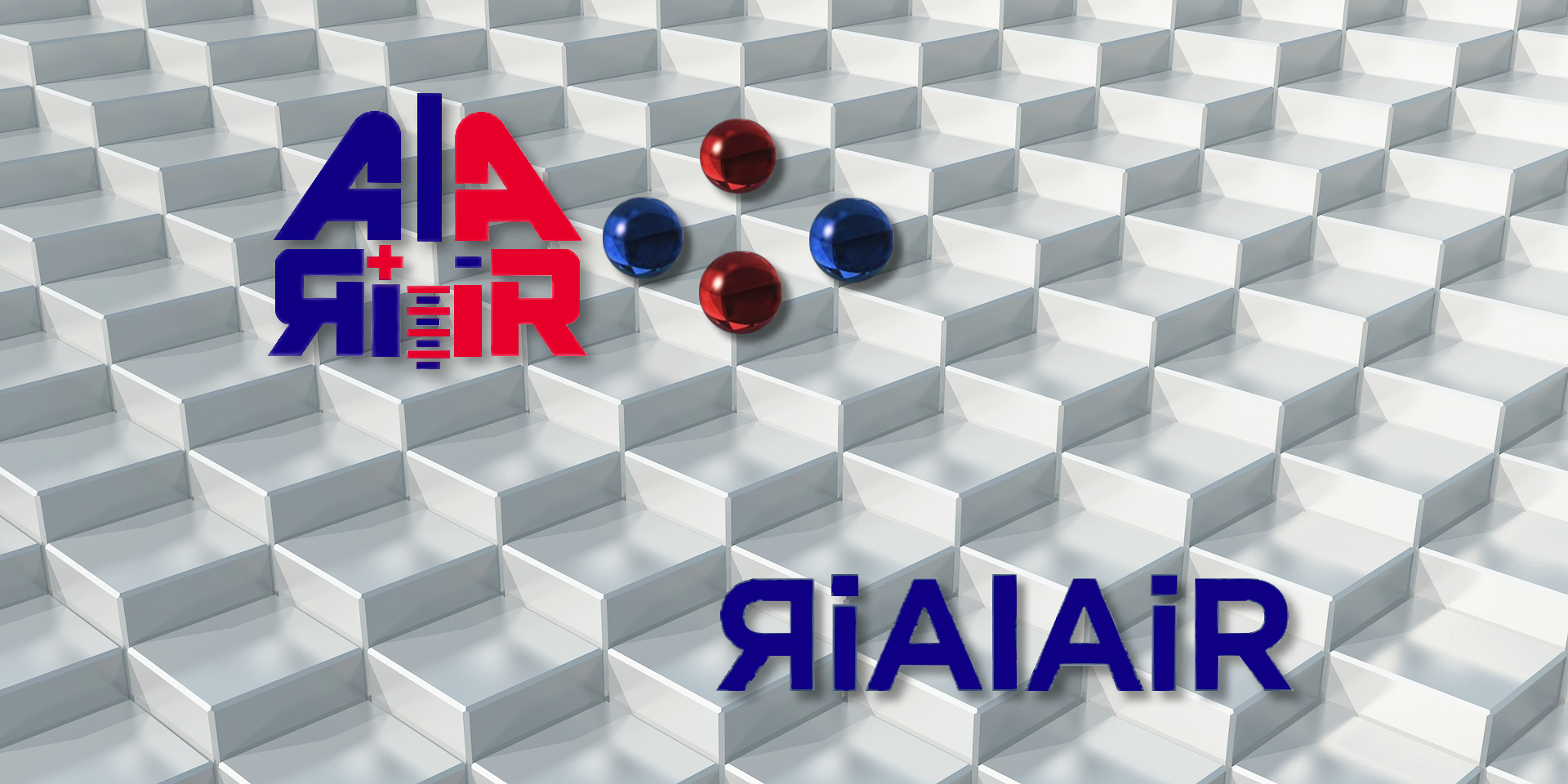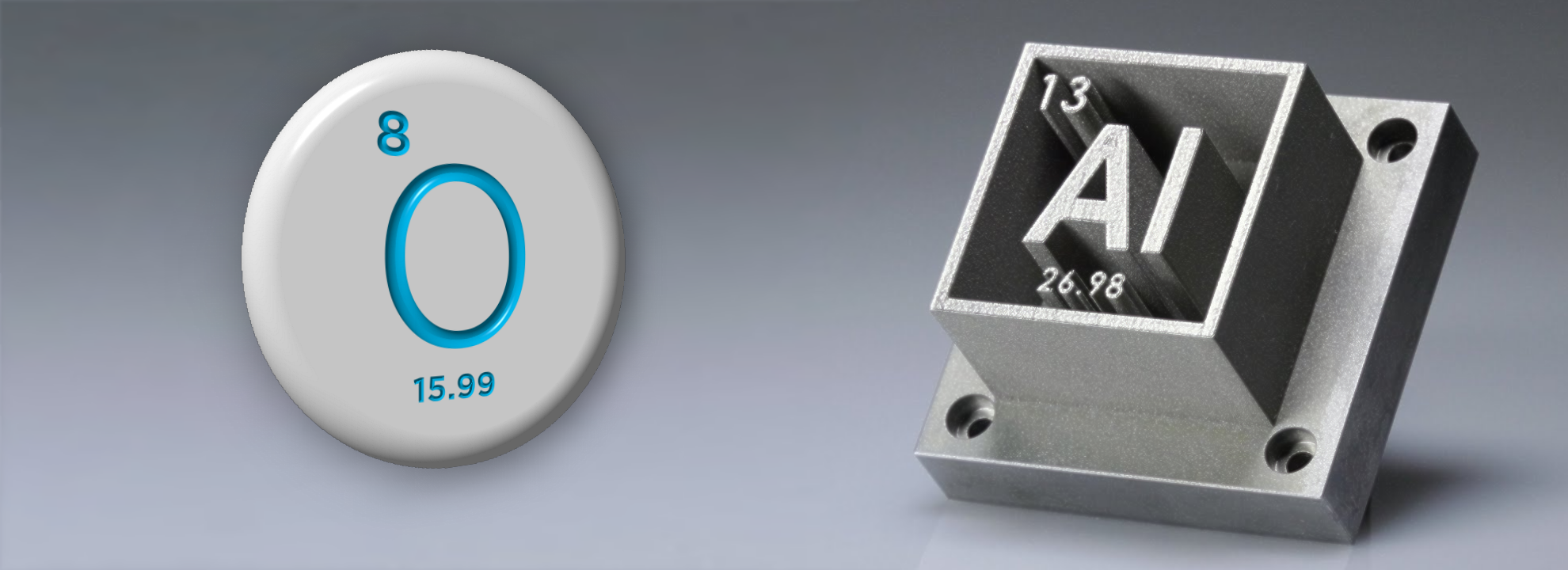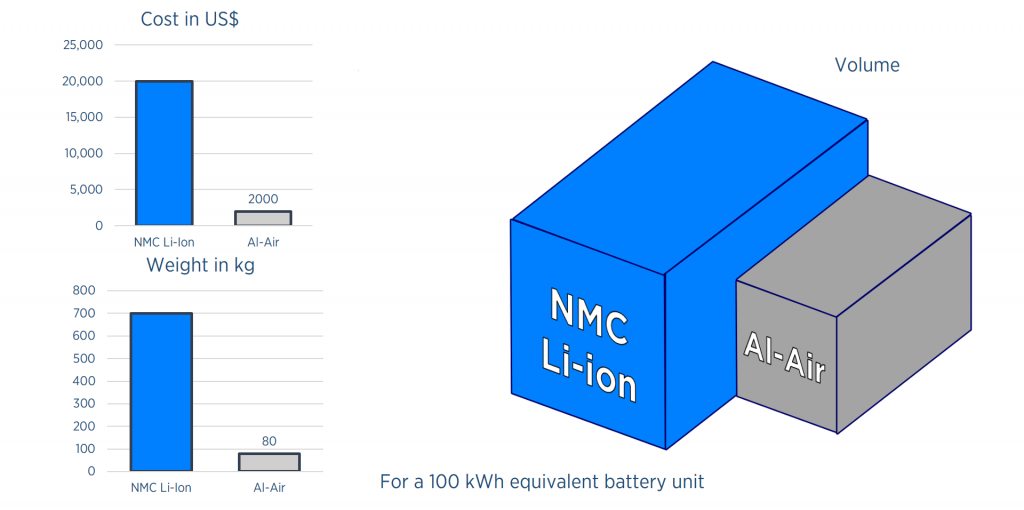Li-Ion batteries are the most competitive electrochemistries currently available on the market.
A comparison between an Al-Air and a Li-Ion battery shows that an Al-Air battery will be:
-
- eight times lighter in weight;
- three times smaller in volume;
- ten times cheaper to install;
- 60% cheaper to operate;
- rechargeable mechanically by swapping the anode (i.e. with no need for an external charger);
- 100% environmentally friendly;
- fully recyclable.
(i.e. with 90kg Al-Air stores 125kWh of energy, approximately the same energy as 700kg of Li-Ion).
Disrupting Waves
There are millions of fishing boats in our oceans, consuming 50Bn liters of fuel annually. Over 75% are concentrated around South and Southeast Asia, of which, the large majority have a gross tonnage below 20t, and are normally below 12m in length.
Ideal for Marine & Standby Energy Applications
The Al-air batteries are attractive candidates as a power source for electric vessels & standby power, with higher energy density, significantly greater than that of the lithium-ion batteries. Al–air batteries hold great promise also for large standby energy applications due to their low cost and high specific capacity.
Why Aluminium-Air Batteries
Because: Aluminium–Air batteries (Al–air) produce electricity from the reaction of oxygen in the air with aluminium; they have one of the highest energy densities of all batteries: eight times lighter & four times smaller than Li-Ion.



